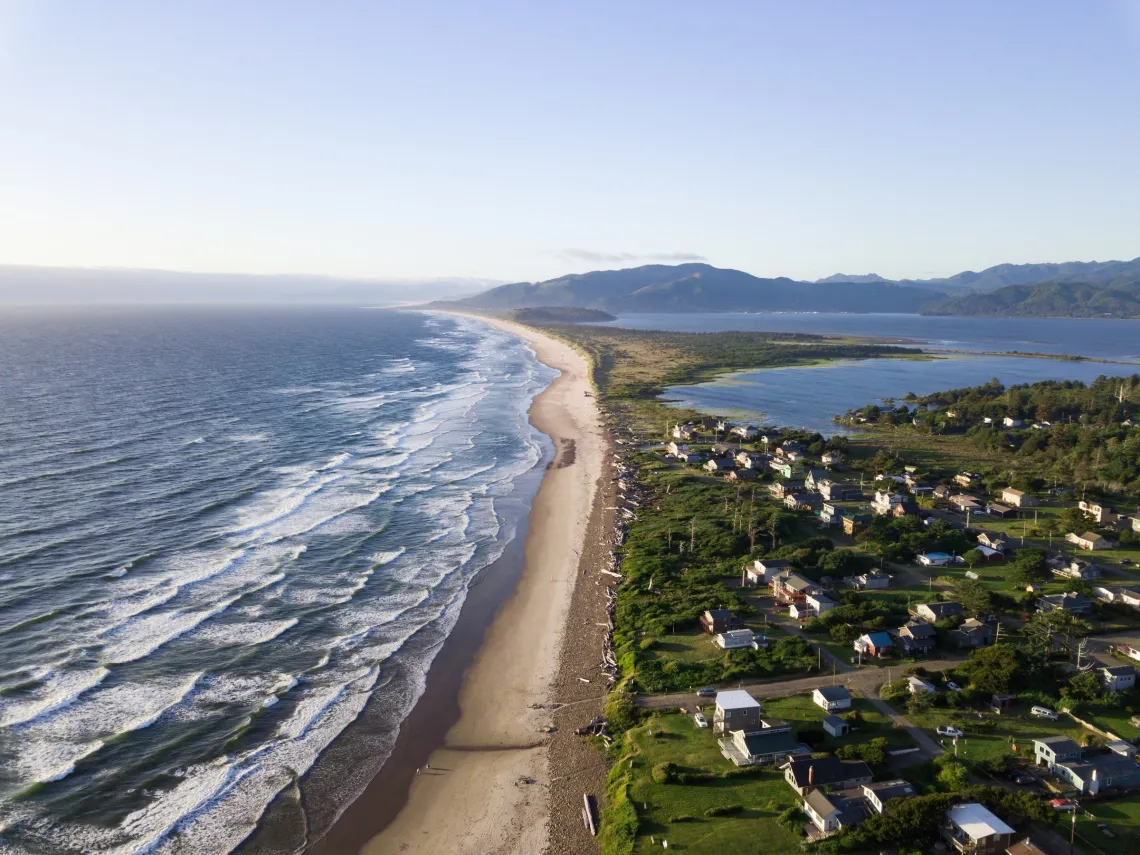Final Project Report Now Available: Understanding the Effectiveness of Coastal Nature-based Solutions

Photo credit: Dan Meyers on Unsplash
Nature-based solutions (NbS) are approaches that use nature and natural processes to address societal and environmental challenges. More specifically for US coasts, they provide interlinked benefits in hazard risk reduction, natural habitat, and social and equity needs. NbS are part of a suite of adaptation options to meet increasingly dire coastal adaptation needs. NbS encompass a wide range of interventions with design lives spanning from decades to centuries: they include projects from marshes, living shorelines, and "horizontal levees", to coral reefs and clam gardens. They can integrate "gray" (or more traditional built infrastructure) such as breakwaters and groins. However, no comprehensive effort to understand the state of knowledge and practice" has been made to identify the effectiveness of NbS to meet these growing coastal adaptation needs.
The Center for Climate Adaptation Science and Solutions, in collaboration with the Aspen Global Change Institute (AGCI), has just published a report titled Understanding the Effectiveness of Coastal Nature-based Solutions: Practitioner-based Learning. This assessment was funded by the coastal Climate Adaptation Science Centers within the United States Geological Survey, and involved interviewing more than 60 coastal adaptation practitioners from the US and Pacific Islands to document their experience in implementing nature-based solutions to protect coastal areas against sea level rise and coastal storms. The report was researched and written by Dr. Jessica Reilly-Moman (AGCI), working with Kathy Jacobs (CCASS), Richard Moss (Princeton), and Glynis Lough (AGCI). It was designed and implemented as a pilot assessment, demonstrating an approach to integrating academic research with the work of practitioners to accelerate learning related to adaptation and effectiveness of solutions.
The main challenges faced by practitioners in this arena include governance and regulatory issues at multiple scales, which do not always support a systems-based approach to coastal resilience; inadequate communication, training, and collaboration between experienced practitioners and potential partners; lack of consistent, long-term monitoring and evaluation of effectiveness of alternative methods in different coastal conditions; and equity issues within and between communities engaged in this kind of work. In general, we found that nature-based solutions bear an unfair burden of proof when compared to "gray" or traditional built infrastructure, especially relating to effectiveness over the long term as sea levels continue to rise. We also found that practitioners were strongly interested in finding ways to share information across projects and geographies, and were particularly interested in the idea of a Community of Practice for coastal adaptation practitioners interested in NbS.

